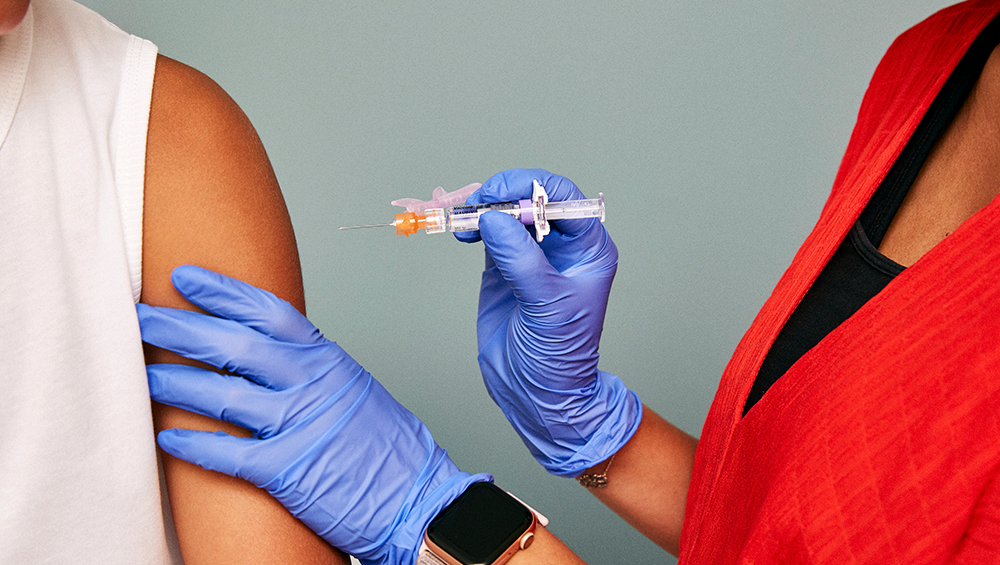Answering 7 Key Questions About COVID-19 Vaccines

Posted in News Release | Tagged 2019 Novel Coronavirus, coronavirus, COVID-19, vaccination
Media Contact
Karen Teber
km463@georgetown.edu
WASHINGTON (October 16, 2020) — When a vaccine to reduce the risk of getting COVID-19 becomes available, clinicians will be critical in helping people make decisions about whether or not to receive the vaccine. Writing in a JAMA Viewpoint published today, three top vaccine experts offer key questions clinicians might expect from patients, and guidance on how to derive evidence-based answers.
In the U.S., four vaccine candidates are in critical phase 3 studies, with initial results expected soon. But many individuals are already skeptical about COVID-19 vaccines. The authors point to the rapid development of the vaccines, politicization of the pandemic, and inconsistent messages from scientists and leaders as causes.
“Our communities are polarized, and there is significant mistrust and confusion about COVID-19 vaccines before we even have one,” explains infectious disease physician and former FDA Chief Scientist Jesse Goodman, MD, MPH, professor of medicine at Georgetown University School of Medicine, the article’s lead author.

Joining Goodman in writing the Viewpoint are John D. Grabenstein, RPh, PhD, of the Immunization Action Coalition, and M. Miles Braun, MD, MPH, also of Georgetown. The three are among 11 volunteer members of COVAT, the COVID-19 Vaccine Analysis Team.
The article identifies and helps answer seven important questions that must be addressed as information on each vaccine candidate comes out:
- How much does a vaccine reduce the risk of COVID-19 and its complications?
- How safe is a vaccine candidate?
- Will the vaccine be effective for all patients?
- Can clinicians be confident in the findings because important information was made public and reviewed by independent experts?
- Is a vaccine that is being made available licensed, or is it being provided under an emergency-use authorization?
- Will all COVID-19 vaccines be the same?
- Can vaccinated people stop worrying about COVID-19?
“It is critical that clinicians stay well informed about emerging data so that they can help patients make sound decisions about the vaccines needed to help end the pandemic,” the authors conclude.
To schedule an interview with Goodman or the other authors, please contact Karen Teber.
The authors acknowledge other COVAT members for their input: Norman Baylor, Luciana Borio, Bruce Gellin, Peter Hotez, Glen Nowak, Paul Offit, and Walter Orenstein.
Outside interests: Goodman reported serving on the boards of GlaxoSmithKline and Intellia Therapeutics, for which he received compensation and equity, and being a volunteer board member of the US Pharmacopeia and Grabenstein reported having equity in Merck & Co, receiving consulting fees from Valneva, and serving on advisory boards for Janssen and VBI outside the submitted work.
